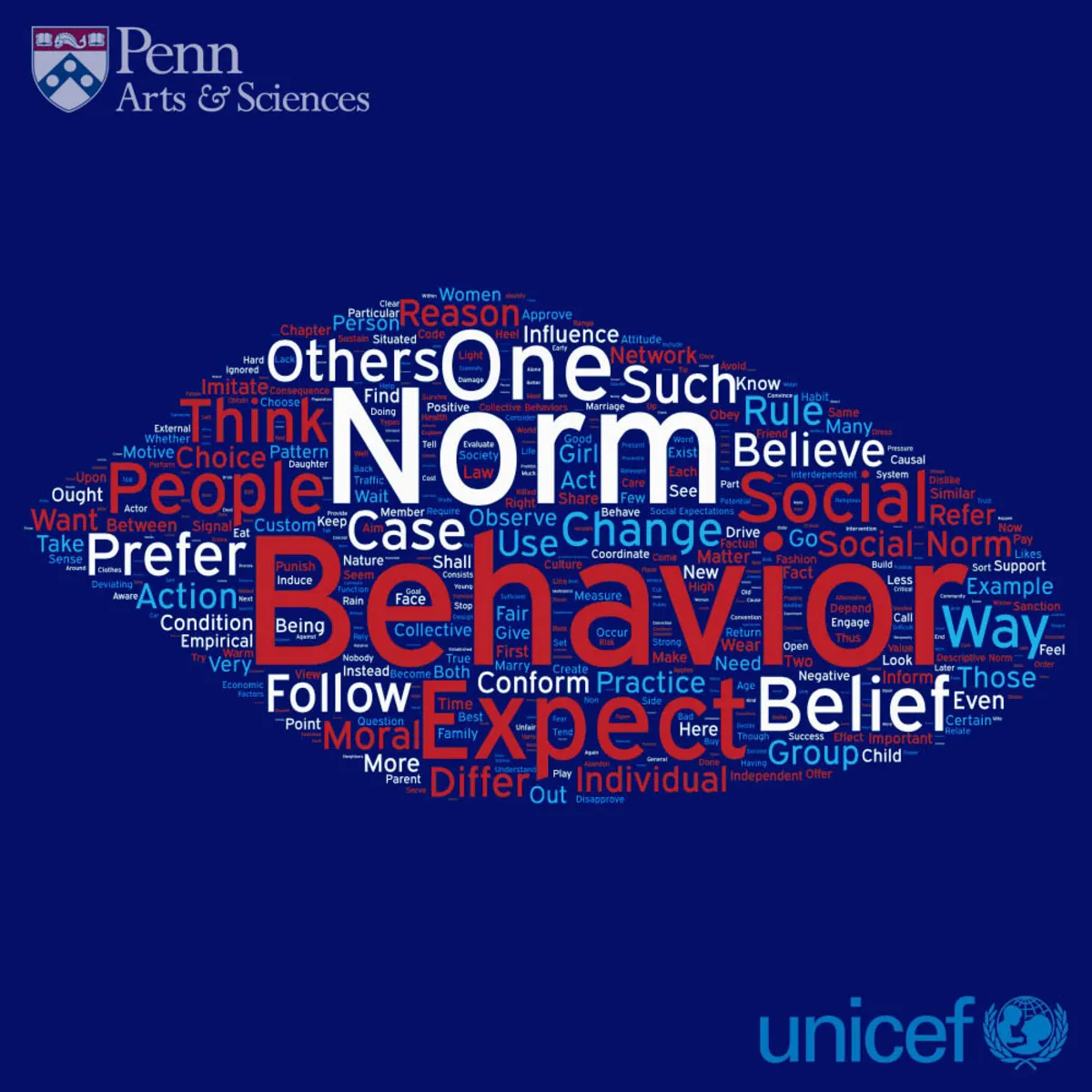
Demystifying Mindfulness 
Mindfulness is a practice that has been gaining traction in recent years, and This online course provides an in-depth exploration of its science, benefits, and implications. Through a political, psychological, and philosophical lens, readers can gain a better understanding of how and why mindfulness works. ▼
ADVERTISEMENT
Course Feature
![]() Cost:
Cost:
Paid
![]() Provider:
Provider:
Futurelearn
![]() Certificate:
Certificate:
No Information
![]() Language:
Language:
English
Course Overview
❗The content presented here is sourced directly from Futurelearn platform. For comprehensive course details, including enrollment information, simply click on the 'Go to class' link on our website.
Updated in [March 06th, 2023]
1. Understanding the Science of Mindfulness: Learners can gain an understanding of the science behind mindfulness, including how it works and why it works from a political, psychological, and philosophical standpoint. This will help learners to better understand the concept of mindfulness and how it can be applied in their lives.
2. Debunking Misconceptions: Learners can gain insight into common misconceptions and beliefs about mindfulness. This will help them to better understand the concept and to be able to distinguish between fact and fiction.
3. Interpreting Experiences: Learners can learn how to interpret their own mindfulness practise experiences. This will help them to gain a deeper understanding of their own experiences and to be able to apply them in their lives.
4. Examining Social and Political Implications: Learners can gain an understanding of the social and political implications of mindfulness. This will help them to better understand the impact of mindfulness on society and to be able to make informed decisions about how to use mindfulness in their lives.
5. Exploring Psychological and Therapeutic Approaches: Learners can gain an understanding of various psychological and therapeutic approaches to mindfulness. This will help them to better understand the different approaches to mindfulness and to be able to choose the approach that best suits their needs.
[Applications]
After completing this course, students can apply their newfound knowledge of mindfulness to their everyday lives. They can use mindfulness to help manage stress, improve focus, and cultivate a sense of well-being. Additionally, students can use mindfulness to develop a greater understanding of their own thoughts and feelings, as well as those of others. Furthermore, students can use mindfulness to explore the social and political implications of the practice, and to consider how it can be used to promote positive change. Finally, students can use mindfulness to explore various psychological and therapeutic approaches to the practice.
[Career Paths]
1. Mindfulness Coach: Mindfulness coaches help individuals develop their own mindfulness practice and provide guidance on how to incorporate mindfulness into their daily lives. They also help individuals identify and address any underlying issues that may be preventing them from achieving their goals. As the demand for mindfulness coaching increases, so does the need for qualified professionals in this field.
2. Mindfulness Therapist: Mindfulness therapists use mindfulness-based interventions to help individuals manage their mental health issues. They provide guidance on how to use mindfulness to reduce stress, anxiety, and depression, as well as how to cope with difficult emotions. Mindfulness therapists are in high demand as more people seek out alternative treatments for mental health issues.
3. Mindfulness Educator: Mindfulness educators teach individuals how to use mindfulness to improve their overall wellbeing. They provide instruction on how to practice mindfulness, as well as how to incorporate it into everyday life. Mindfulness educators are in high demand as more people seek out ways to improve their mental and physical health.
4. Mindfulness Researcher: Mindfulness researchers study the effects of mindfulness on mental and physical health. They conduct research on the efficacy of mindfulness-based interventions and develop new approaches to mindfulness-based therapies. As the field of mindfulness research continues to grow, so does the need for qualified professionals in this field.
[Education Paths]
1. Bachelor of Science in Psychology: A Bachelor of Science in Psychology is a great way to gain an understanding of the science of mindfulness. This degree will provide students with an understanding of the psychological, philosophical, and political aspects of mindfulness. Students will learn about the various psychological and therapeutic approaches to mindfulness, as well as the social and political implications of mindfulness. Additionally, students will gain an understanding of common misconceptions and beliefs about mindfulness.
2. Master of Science in Clinical Psychology: A Master of Science in Clinical Psychology is a great way to gain an in-depth understanding of the science of mindfulness. This degree will provide students with an understanding of the psychological, philosophical, and political aspects of mindfulness. Students will learn about the various psychological and therapeutic approaches to mindfulness, as well as the social and political implications of mindfulness. Additionally, students will gain an understanding of common misconceptions and beliefs about mindfulness. This degree will also provide students with the skills and knowledge necessary to practice mindfulness in a clinical setting.
3. Doctor of Philosophy in Mindfulness Studies: A Doctor of Philosophy in Mindfulness Studies is a great way to gain an advanced understanding of the science of mindfulness. This degree will provide students with an understanding of the psychological, philosophical, and political aspects of mindfulness. Students will learn about the various psychological and therapeutic approaches to mindfulness, as well as the social and political implications of mindfulness. Additionally, students will gain an understanding of common misconceptions and beliefs about mindfulness. This degree will also provide students with the skills and knowledge necessary to conduct research in the field of mindfulness.
4. Master of Arts in Mindfulness Education: A Master of Arts in Mindfulness Education is a great way to gain an understanding of the science of mindfulness and how to teach it. This degree will provide students with an understanding of the psychological, philosophical, and political aspects of mindfulness. Students will learn about the various psychological and therapeutic approaches to mindfulness, as well as the social and political implications of mindfulness. Additionally, students will gain an understanding of common misconceptions and beliefs about mindfulness. This degree will also provide students with the skills and knowledge necessary to teach mindfulness in a variety of settings.
Course Syllabus
Introduction to Mindfulness
Psychology of Mindfulness
Philosophy of Mindfulness
Politics of Mindfulness
Mindfulness and Trauma & Social Justice
Mindfulness and Nature & Land
Mindfulness into the Future
Volunteer Project
Course Provider

Provider Futurelearn's Stats at AZClass
Discussion and Reviews
0.0 (Based on 0 reviews)
Explore Similar Online Courses

Learning Django

Understanding Media by Understanding Google

Python for Informatics: Exploring Information

Social Network Analysis

Introduction to Systematic Review and Meta-Analysis

The Analytics Edge

DCO042 - Python For Informatics

Causal Diagrams: Draw Your Assumptions Before Your Conclusions

Whole genome sequencing of bacterial genomes - tools and applications

A Life of Happiness and Fulfillment

Social Norms Social Change II

Introduction to Self-Determination Theory: An approach to motivation development and wellness
 Related Categories
Related Categories
 Popular Providers
Popular Providers
Quiz
 Submitted Sucessfully
Submitted Sucessfully
1. What is the main purpose of this course?
2. What are the social and political implications of mindfulness?
3. What is the most important benefit of mindfulness?
4. What is the main purpose of mindfulness?
Correct Answer: To increase awareness and acceptance of the present moment.


Start your review of Demystifying Mindfulness